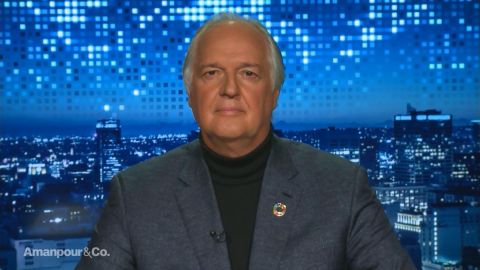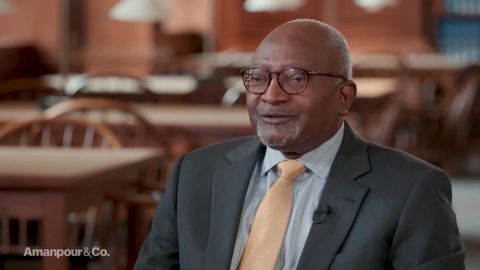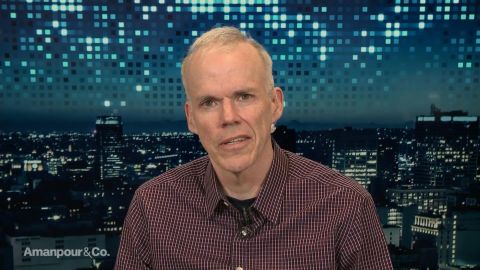Read Transcript EXPAND
CHRISTIANE AMANPOUR: Do you think that business and these big corporate titans that we’ve been talking about, especially American ones, can and will influence the government?
PAUL POLMAN, FORMER CEO, UNILEVER: Yes, this is a very important question, Christiane, and I’m glad you’re asking it. There is no doubt that we can bend the curve with a lot of the efforts by individual citizens of this world or by corporations. But to truly tackle the issue of climate change and stay below the 1.5 degrees, which is by all means possible, we indeed need the governments. The good thing is that we have about 120 governments in the world, including the Europeans, with the Green Deal, the U.K. government that have made commitments to be by what we call net zero by 2050. It is some of the bigger countries like China, like the U.S., like Brazil now that are trailing and frankly holding the system back. A result of a little bit not addressing the issues in the first place, which has created populism and nationalism at national lever for which we, to some extent, are paying the price. I do want to point out though that in the U.S. itself, about 75 percent of the U.S. economy has put themselves behind climate action. There are major movements in this country that we are still in movement, the America pledge movement, where you see at the sub-national level, state level, city level, but also obviously with corporations, this country is moving, and actually is moving a little bit ahead of the Paris agreements. Likewise, with China, you see China moving fast, but they obviously have a challenge of still having the economic growth curve to make the country function in the way that they have designed it to be. But in their 14th 5-year plan, you see major efforts. When 80 percent of your land is degraded, your water is polluted, your air pollution which globally kills 8 million people prematurely, far more than the coronavirus, then their alarm bells ring and countries start to go into overdrive.
About This Episode EXPAND
In this climate special, former Unilever CEO Paul Polman joins Christiane to discuss the responsibility of businesses to protect the planet. Plus, environmentalist Bill McKibben assesses the urgency of the climate crisis and Walter Isaacson interviews Robert Bullard, the father of environmental justice.
LEARN MORE


